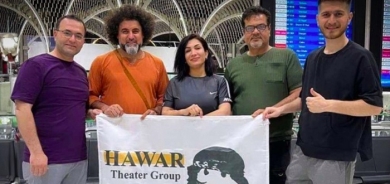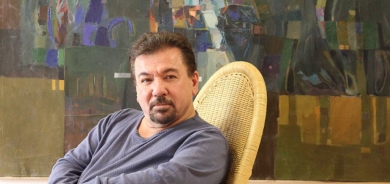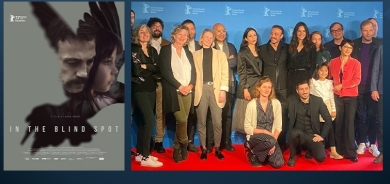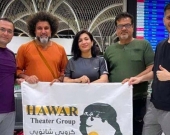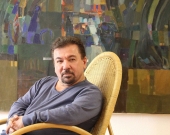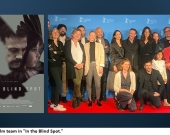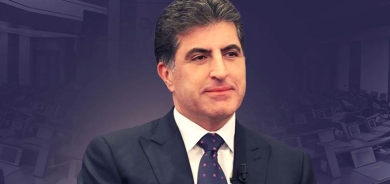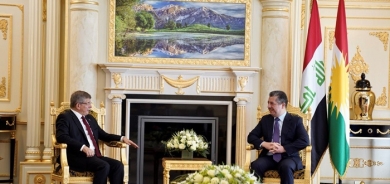Movie shown in Erbil aims to shed light on Kurdish deminers

It tells the story of Alan and his family who face a personal tragedy as a result of landmines. Alan later joins the Peshmerga forces in the fight against IS. He is played by famous Kurdish musician Delil Dilanar, his wife by Yezidi actress Dejin Jamil Khidir.
General director at Visual K Productions Fekri Baroshi told Kurdistan 24 that he made his movie out of patriotism. His father was a Peshmerga for 63 years who went with Mullah Mustafa Barzani to Russia and was in the Mahabad Republic.
“I love my nation and for this patriotic reason, I made a film about someone who sacrifices his life for my life and my kids’ lives so they can live free in this region,” he said.
Baroshi was inspired by stories in the media about Kurdish deminers. “I read in the news how they die, and how they are not scared to clear these mines,” he said. Together with co-founder of Visual K Productions Jesus Roldan, he decided to write a script for this movie.
He was especially inspired by Dr. Suleyman Sahed Chirukaya, who saved hundreds of Peshmerga lives through demining and who died in a hospital in Germany in from injuries sustained in an explosion on Oct. 26, 2016, in the village of Tishirab.
“He is the most important person in the story because Dr. Suleyman was from the north (‘Turkish’ Kurdistan) and left all his business and he was not a very poor guy and he wants to help and give his soul to my nation,” he added.
Kurdistan still suffers from mines that date back to the 1980s during the war between Iraq and Iran, where the regime of Saddam Hussein planted thousands of mines on the border to hinder the advance of Iranian troops.
After 1991, many local and international organizations from mine sectors contributed to clearing the Iraq-Iran border from explosives. Large swaths of territory remain dangerous, having never been effectively de-mined.
After the rise of so-called Islamic state that attacked the Kurds in both Syria and Iraq in 2014, thousands more explosives were placed by the radical organization that led to countless casualties, such as Dr. Suleyman.
Baroshi hopes his movie sheds more light on this issue. “The movie will be first distributed in the Middle East, and then if they accept it, also in Europe,” he said. “This message is very important for me.”
Editing by John J. Catherine


